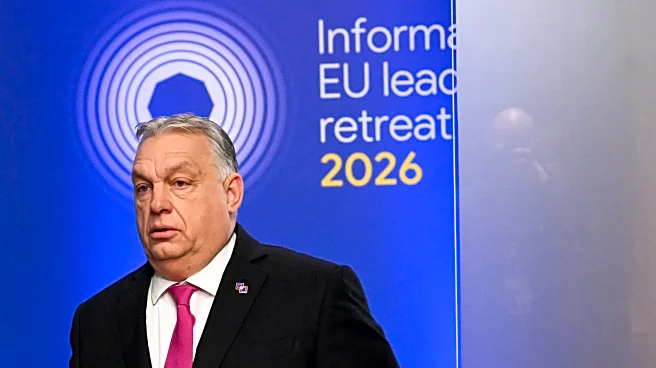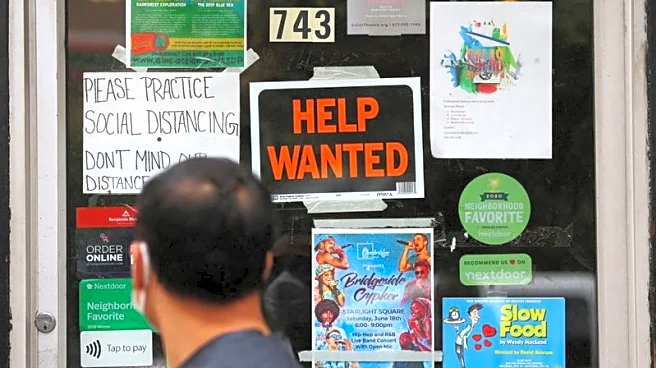What's Happening?
Israeli film industry leaders have responded to a growing international boycott, which accuses Israeli counterparts of being involved in genocide and apartheid against Palestinians. The boycott, supported by nearly 4,000 individuals including high-profile figures like Joaquin Phoenix and Emma Stone, aims to sever ties with Israeli film institutions. Israeli industry representatives argue that the boycott undermines those within Israel who are sympathetic to the Palestinian cause and actively work to address the complexities of the situation through their art. They emphasize the role of Israeli filmmakers in promoting anti-violence and critiquing government actions, highlighting the boycott's potential to silence voices advocating for change.
Why It's Important?
The boycott reflects ongoing tensions and debates surrounding the Israeli-Palestinian conflict, highlighting the intersection of politics and art. The response from Israeli industry leaders underscores the challenges faced by artists in politically charged environments, where their work can be both a tool for advocacy and a target for criticism. The situation raises questions about the effectiveness of cultural boycotts in achieving political goals and the potential consequences for artistic expression and collaboration. The boycott's focus on Israeli institutions, while not addressing similar issues in other countries, points to broader discussions about selective activism and the complexities of international solidarity movements.
Beyond the Headlines
The boycott and its implications for the Israeli film industry may lead to deeper discussions about the role of art in political discourse and the responsibilities of artists in conflict situations. The situation highlights ethical considerations regarding the use of cultural boycotts as a form of protest and the potential impact on artistic communities. The response from Israeli filmmakers may prompt further dialogue about the balance between political activism and artistic freedom, as well as the importance of supporting voices that seek to address and resolve conflicts through creative means.












